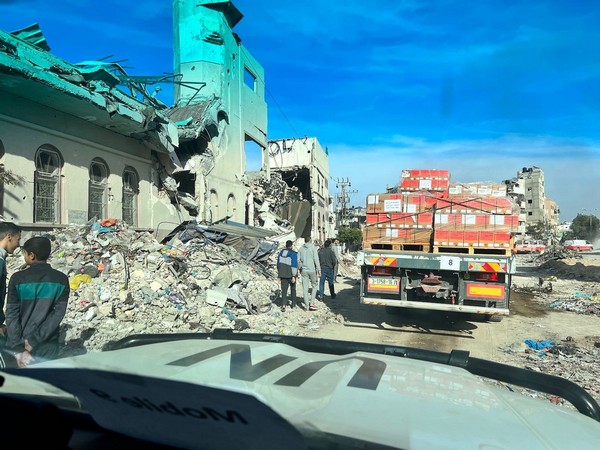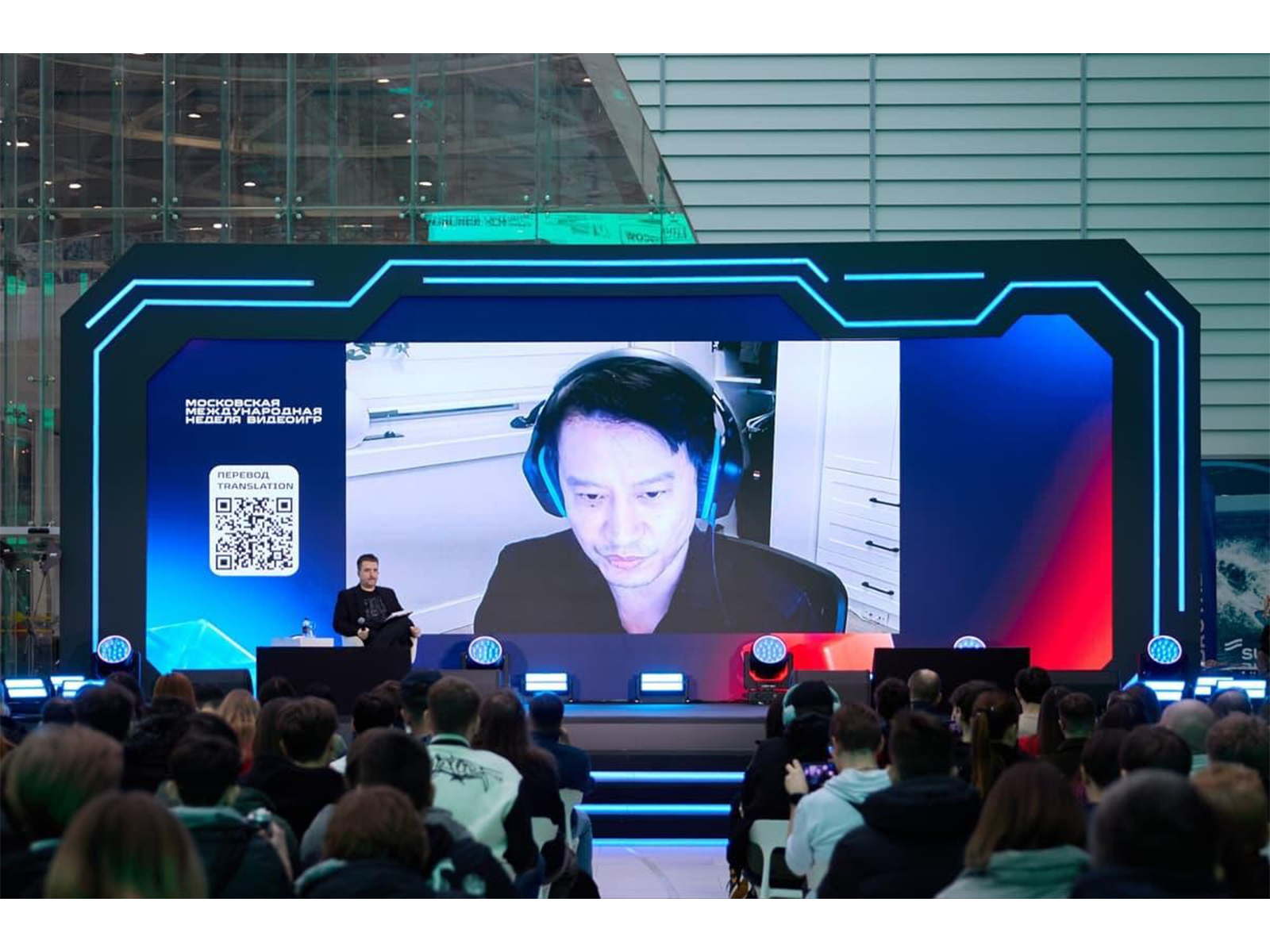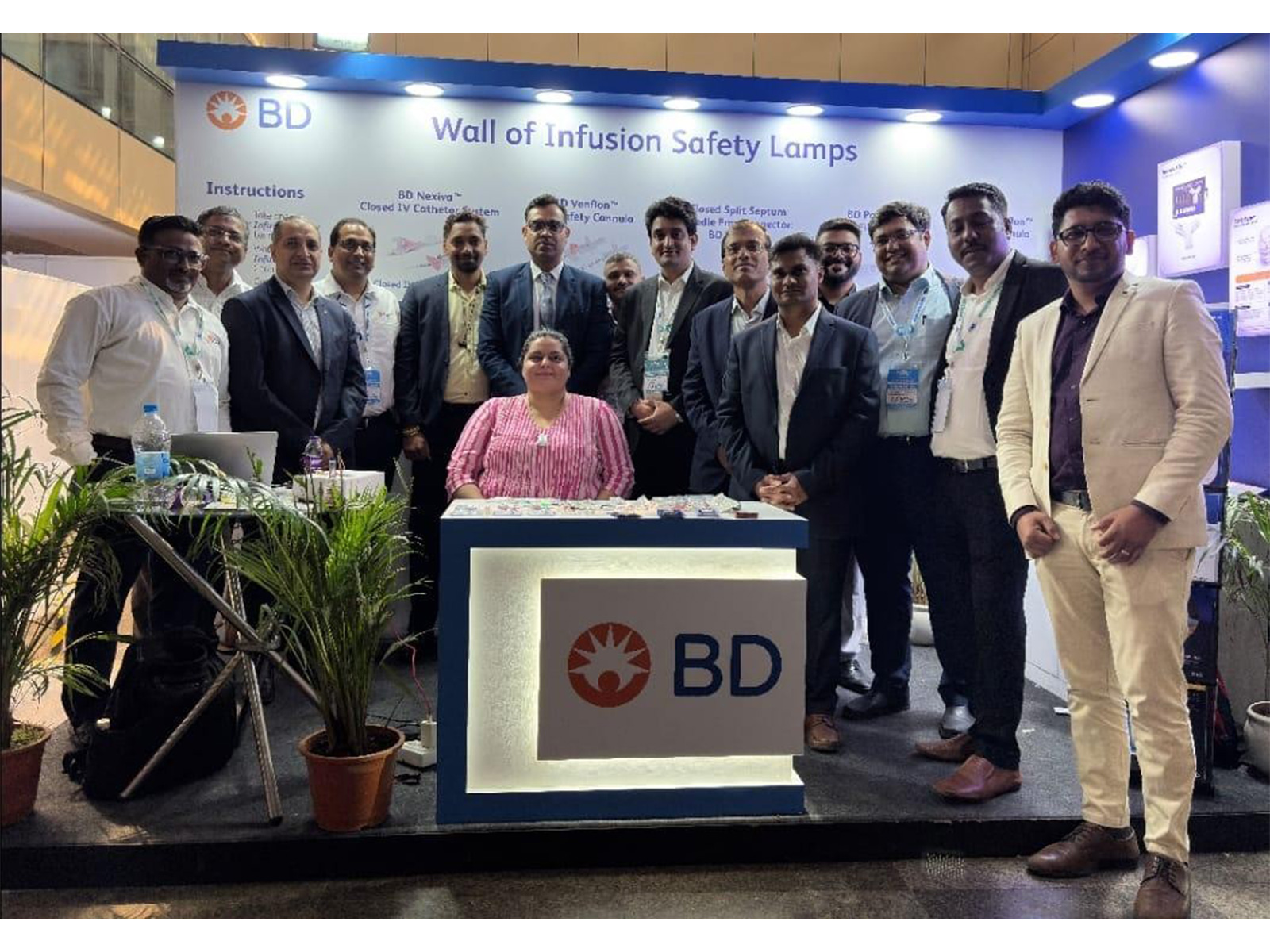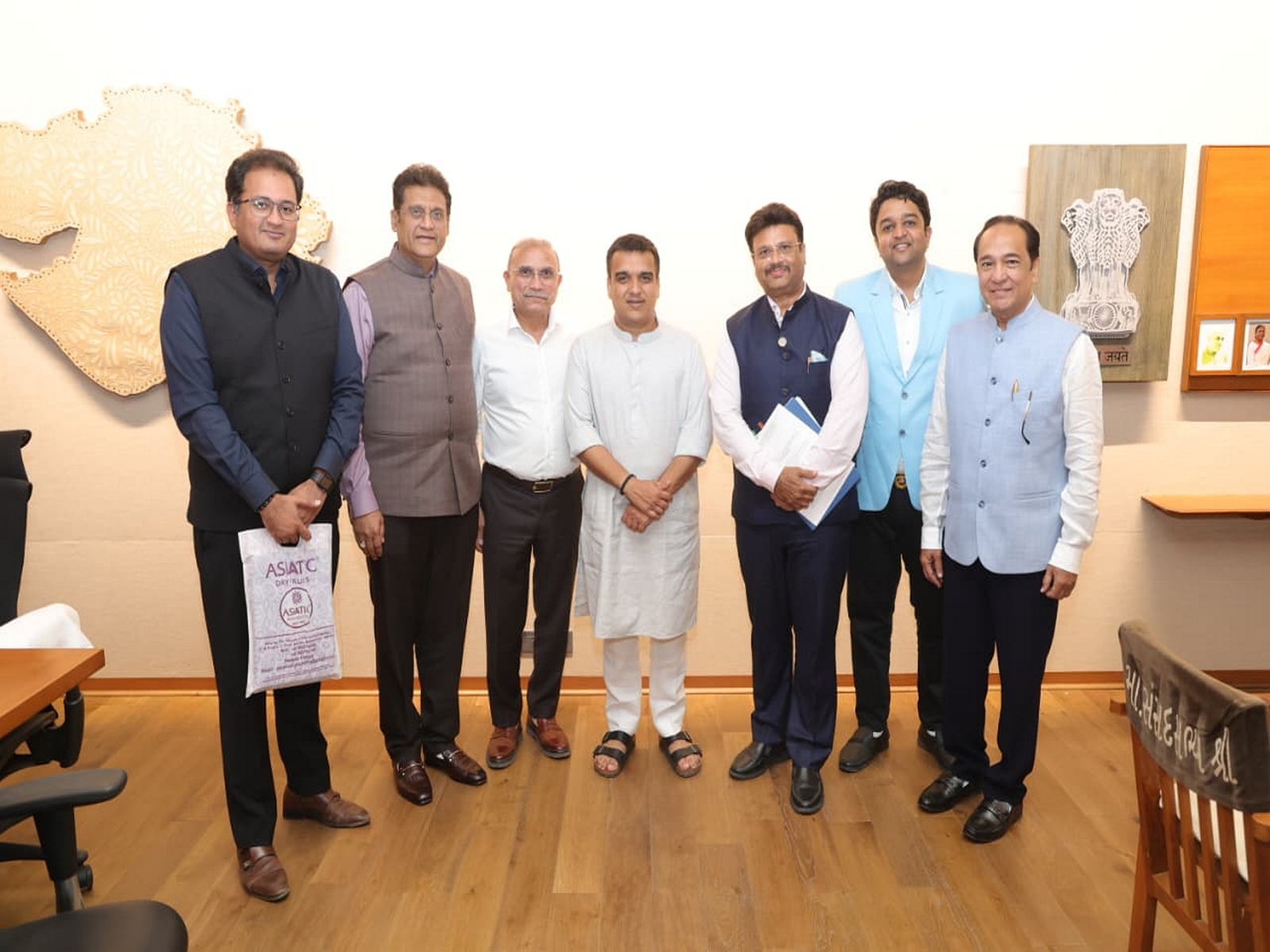US seeks UN backing for proposed Gaza ceasefire deal
Jun 04, 2024
Washington [USA], June 4: The U.S. said on Monday it wants the United Nations Security Council to adopt a resolution backing the proposal outlined by President Joe Biden to end fighting between Israel and Palestinian militants Hamas in the Gaza Strip.
It circulated a one-page draft text, seen by Reuters, to the 15-member council. A resolution needs at least nine votes in favor and no vetoes by the U.S., France, Britain, China or Russia to pass.
The draft calls on Hamas to accept the deal and "fully and implement its terms without delay and without condition." It also "stresses the importance of the parties adhering to the terms of the deal once agreed, with the aim of bringing about a permanent cessation of hostilities."
The U.S. proposal comes a week after Algeria proposed a draft Security Council resolution demanding a Gaza ceasefire, release of all hostages held by Hamas and essentially ordering Israel to "immediately halt its military offensive" in Rafah.
Biden on Friday laid out what he described as a three-phase Israeli proposal for a ceasefire in Gaza in return for the release of Israeli hostages, saying "it's time for this war to end" and winning a positive initial reaction from Hamas.
She urged council members to adopt the resolution. "We must speak with one voice in support of this deal," she said.
Leaders of the Group of Seven (G7) major democracies said in a statement that they "fully endorse and will stand behind the comprehensive" ceasefire and hostage release deal. The foreign ministers of Saudi Arabia, Jordan, the United Arab Emirates, Qatar and Egypt said it was important to "deal seriously and positively."
Source: Fijian Broadcasting Corporation








